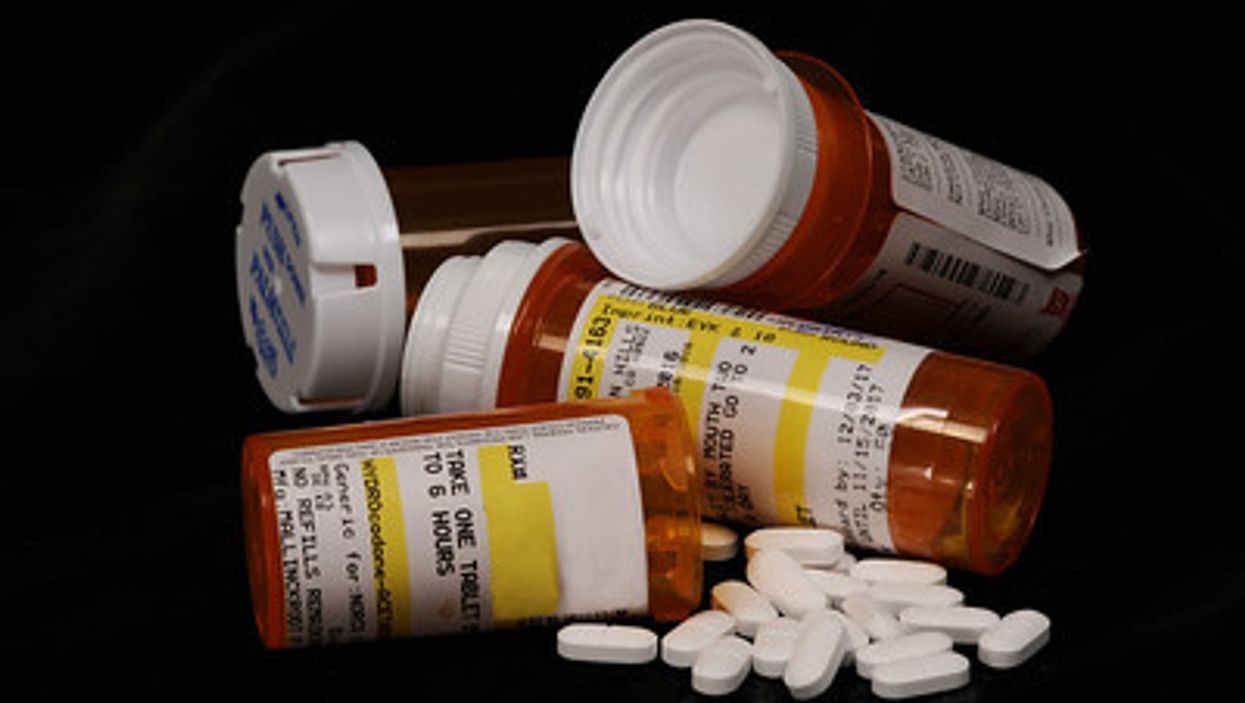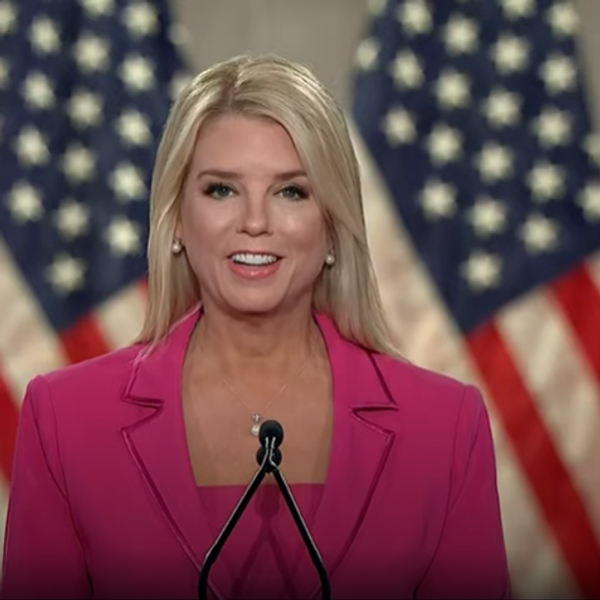
Donald Trump has benefited from more than $4.5 million in campaign funds linked to the deadly opioid epidemic ravaging the nation.
The Trump campaign and the Republican National Committee raised the funds from heirs to the Johnson & Johnson fortune as well as Stewart Rahr, former head of Kinray, a pharmaceutical distributor.
According to financial contributions flagged by American Bridge, a progressive opposition research organization, the Johnson family and Rahr donated $4,508,100 to Trump campaign efforts between late 2016 and February 2020.
Woody Johnson, a Johnson & Johnson heir, owns more than $200 million worth of stock in the company. Over the past several years, he donated $2.17 million to help Trump's campaign, including $1 million for Trump's inaugural committee.
In 2017, Trump nominated — and the Republican-led Senate subsequently approved — Johnson to be the U.S. ambassador to the United Kingdom.
Woody's wife, Suzanne Johnson, donated $715,000 to the RNC and Trump's election campaign, and Betty Wold Johnson, Woody's mother, donated an additional $680,000.
During the peak of the opioid epidemic, Johnson & Johnson was the leading supplier of the raw ingredients in opioids, the New York Times reported.
The company even developed a stronger strain of opium poppies and supplied the resulting product to Perdue Pharma to make Oxycontin.
In 2019, an Oklahoma judge ordered Johnson & Johnson to pay more than a half-billion dollars in damages to the state for its role in fostering opioid dependency and for its responsibility for thousands of deaths in the state.
In the case, the judge found that Johnson & Johnson engaged in tactics to encourage doctors to prescribe more opiates. Johnson & Johnson denied all wrongdoing.
"There would have been no OxyContin without J&J ramping up in Tasmania," Andrew Kolodny, co-director of opioid policy research at the Heller School for Social Policy and Management at Brandeis University, told the Times. Kolodny was a paid expert witness in the trial.
Rahr, who inherited pharmaceutical distributor Kinray from his father, donated $944,000 to Trump reelection efforts between 2016 and early 2020.
From 2006 through 2014, Kinray distributed 630 million opioid pills across the nation. In 2016, Preet Bharara, then-U.S. attorney for the Southern District of New York, forced Kinray to pay a $10 million civil penalty for its role in the opioid epidemic.
"When distributors like Kinray fail to alert the DEA to suspicious order activity, they end up facilitating the illegal sale and distribution of highly addictive opioids," Bharara said at the time.
In his 2020 State of the Union address, Trump claimed credit for a reduction in deaths from opioid overdoses. But Vox reported that the credit should go largely toward policies implemented in the Obama administration.
Trump also championed the GOP-backed repeal of the Affordable Care Act, which health experts said would have worsed the opioid epidemic. The bill passed the House of Representatives in 2017, but failed in the Senate.
In January, the Trump administration failed to renew the declaration that the opioid epidemic was a "public health emergency" for more than a week, blaming the lapse on a "clerical error."
"For years Donald Trump has failed to take the opioid epidemic seriously and now it looks like he's just given up," Kyle Morse, spokesperson for American Bridge, said in a statement.
"Thousands are dying due to this crisis every year," he added, asking if Trump will "ever put the country's interests ahead of his campaign's?"
Published with permission of The American Independent Foundation.








